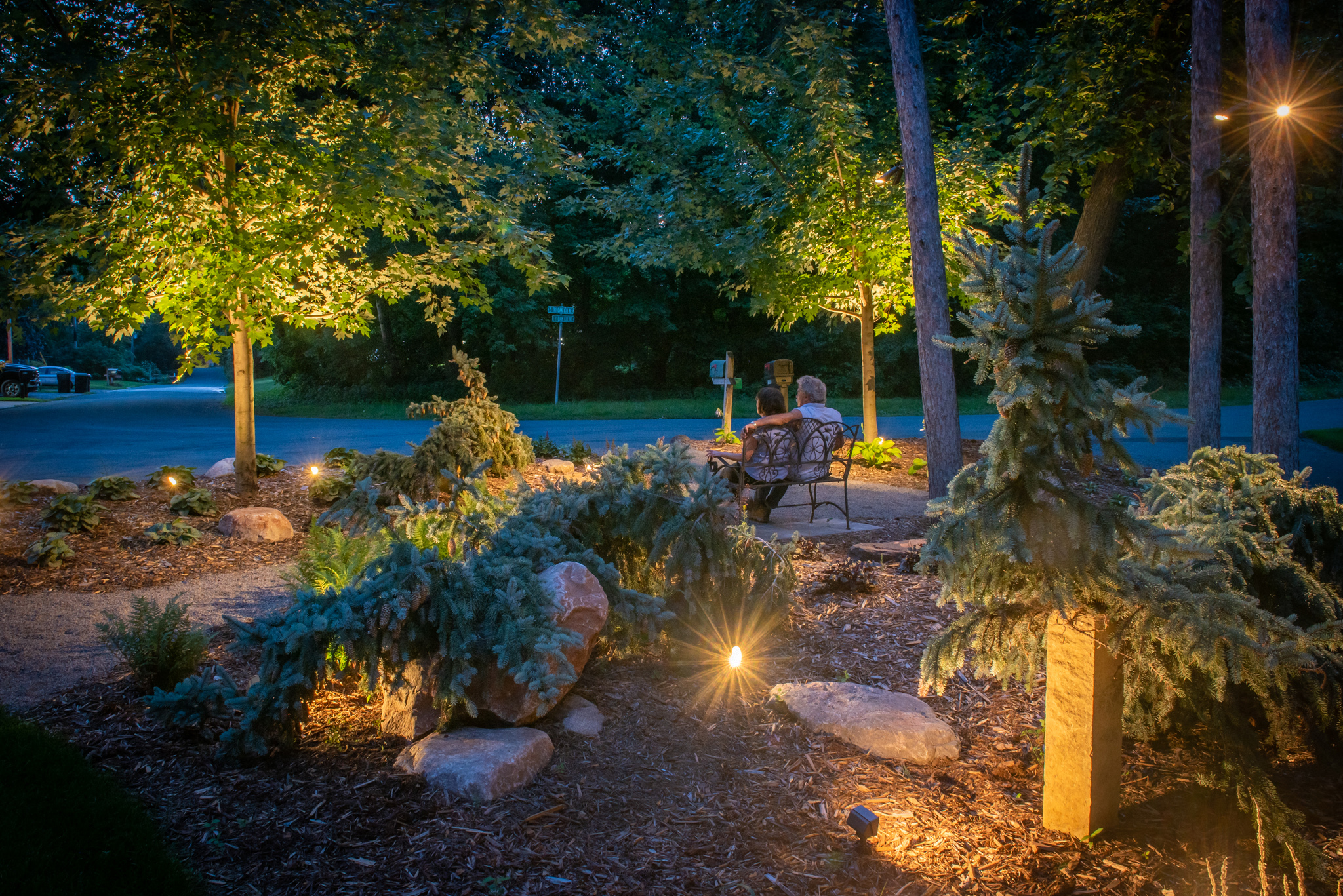Landscaping a garden serves several important functions, each practical and aesthetic. The specific objectives of landscaping a backyard may differ relying on particular person preferences, the intended use of the house, and the general design aims. Here are some widespread purposes of landscaping a backyard:
Enhancing Aesthetics: One of the first purposes of landscaping is to improve the visual enchantment of a backyard. Click to find out more , the selection of crops, and the association of features can create an attractive and harmonious outside area.
Creating a Relaxation Space: Many people landscape their gardens to create a peaceable and relaxing surroundings. Features such as seating areas, water options, and lush vegetation can contribute to a serene ambiance.
Increasing Property Value: A well-landscaped backyard can add value to a property. It enhances curb enchantment and may make a house more attractive to potential buyers, resulting in the next resale value.
Providing Privacy: Landscaping components like hedges, fences, or strategically positioned timber and shrubs can supply privacy by screening the backyard from neighbors or busy streets.
Improving Functionality: Landscaping could make a garden more useful by creating designated spaces for varied actions, corresponding to eating, gardening, enjoying, or entertaining.
Enhancing Outdoor Living: Landscaped gardens usually include options like patios, decks, and outdoor kitchens that provide alternatives for outside dwelling and entertaining.
Conserving Resources: Sustainable landscaping practices can be used to conserve sources, such as water and vitality. Xeriscaping, for instance, focuses on water-efficient plant decisions and irrigation methods.
Attracting Wildlife: Landscaping with native plants and creating habitat features can attract wildlife, similar to birds, butterflies, and pollinators, contributing to biodiversity.

Reducing Erosion: Proper landscaping techniques, together with the use of ground covers and retaining walls, can help forestall soil erosion and stabilize the garden's terrain.
Promoting Well-Being: Gardening and spending time in a well-landscaped garden can have therapeutic benefits, reduce stress, and promote physical and mental well-being.
Environmental Benefits: Landscaping with bushes and vegetation helps scale back carbon dioxide levels and offers oxygen, contributing to improved air high quality. It also helps manage stormwater runoff and reduces the heat island impact in urban areas.
Personalization: Landscaping allows homeowners to express their individual style and preferences. It offers a possibility to personalize the backyard area to reflect one's taste and creativity.
Economic Benefits: A well-landscaped garden can cut back energy prices by providing shade and insulation to a home. It may also reduce the necessity for upkeep in the lengthy run.
In summary, landscaping a garden serves a variety of functions, from improving aesthetics and growing property value to creating practical outside areas and promoting environmental sustainability. The particular targets of landscaping can vary from one backyard to a different, but the overall aim is to enhance the beauty, functionality, and delight of outdoor areas..
